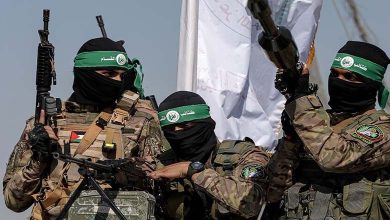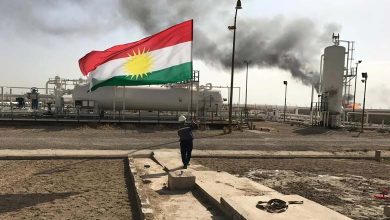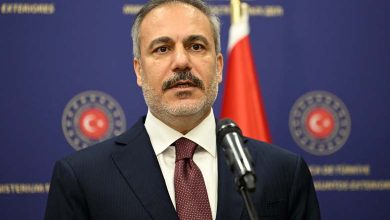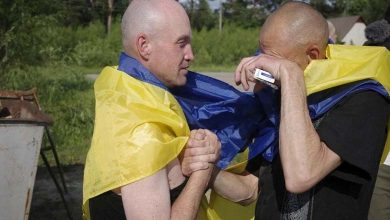Situations Worsen in Mali… What’s Happening in the African Country?
The situation in Mali is deteriorating
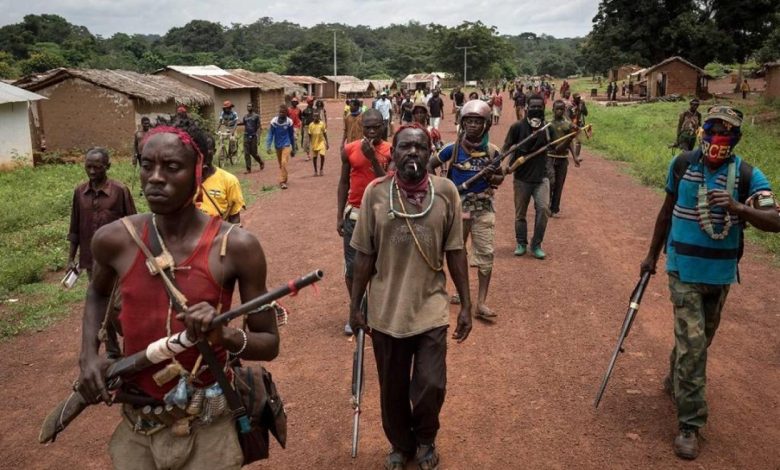
Tensions are escalating in Mali as the United Nations stabilization mission in Mali announces its withdrawal from all parts of the country. While the situation remains unclear regarding who controls the peacekeeping camp, conflict continues between the Malian army and the Azawad movement.
The Warring Parties
A study by the Pharos Center for African Studies has revealed that the conflicting parties in Mali, exacerbating the situation further, have led writer Omar Al-Ansari to analyze the situation in Mali. He pointed out that Russian Wagner mercenaries are supporting the Malian army, which includes a force called “MOG” formed from mixed elements of the Malian army and the Azawadi resulting from the “Algiers Agreement” for peace. Their declared goal is to restore all Malian territories under state sovereignty.
The study added that the disruptions in Mali, which are grappling with poverty and terrorist group threats, have significantly impacted the population and driven thousands of migrants to leave. Victims of the Malian army in the north have fled to Mauritania, while victims of ISIS in the east and south have fled to Niger. Meanwhile, Al-Qaeda has caused internal displacement of the population.
The study continued: As for Wagner mercenaries, they continue to arm and support the Malian army, with their operations impacting everyone, leading to killings and displacement, including pastoralists, locals, and displaced individuals, according to reports from international organizations.
The Situation in the Country
The study pointed out that the situation in Mali has significant repercussions on Niger, as happened in Burkina Faso after the coup that opened the doors to ISIS and Al-Qaeda. These two organizations have begun testing Niger after the coup and after the cessation of monitoring and bombing operations by French and American forces on the borders between the three countries.
The Repercussions of the Conflict
Dr. Mohamed El Deehy, an expert in international affairs, believes that these problems will automatically have repercussions if regional and international movements are not made to contain them in the rest of the Sahel and desert countries, without exception. This includes the countries of the Sahel Belt from the Red Sea to the Gulf of Guinea, reaching the shores of the Mediterranean and the Atlantic.
He added: The disruptions in Mali, which are grappling with poverty and terrorist group threats, have significantly impacted the population and driven thousands of migrants to leave. Victims of the Malian army in the north have fled to Mauritania, while victims of ISIS in the east and south have fled to Niger. Meanwhile, Al-Qaeda has caused internal displacement of the population.



